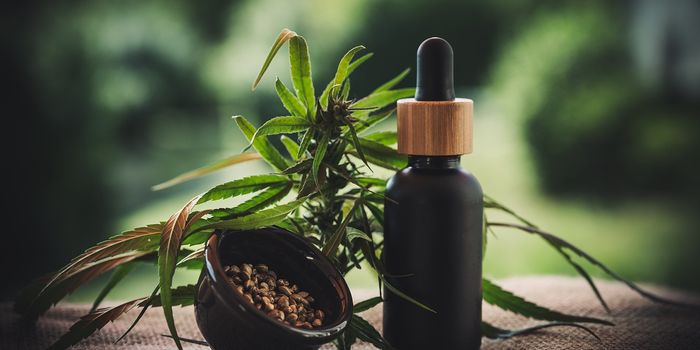Therapeutic Created for a Rare Genetic Disease
There is new hope for people that suffer from a rare genetic disease called Hereditary angioedema (HAE). It causes painful swelling in the mucous membranes and skin, as well as problems in the gastrointestinal tract and airways; patients have a poor quality of life unless they receive adequate treatment. A new drug has been developed that can prevent the swelling flares that are a hallmark of HAE, and an international study investigated its efficacy. The positive results have been published in the New England Journal of Medicine and are outlined in the video.
Reporting from over 26 universities throughout the world, researchers found that the drug can dramatically improve everyday life for HAE patients, who otherwise can suffer painful swelling several times a week. It can also be easily ingested in a capsule.
"Hereditary angioedema is a condition that may be associated with lifelong impairment. With this fundamentally new development, we may reduce HAE attacks and consistently improve our patients' quality of life," said Dr. Emel Aygören-Pürsün. As an internal medicine specialist in the Division of Oncology, Hematology and Hemostaseology at the Department for Children and Adolescents of the University Hospital Frankfurt, Aygören-Pürsün was the principal investigator of this study.
In most patients, HAE traces back to a genetic error they were born with. That mutation causes a protein called C1-inhibitor to be dysfunctional, which increases the levels of a peptide called bradykinin. That can, in turn, increase the permeability of tiny blood vessels.
HAE swelling attacks used to be preventable only with an injection; while tablets were available, they didn't work or led to bad side effects. So, the creation of a capsule that works is a major breakthrough for patients.
The new therapeutic is a small synthetic molecule currently named BCX7353. It inhibits kallikrein, which would otherwise generate more bradykinin (and increase blood vessel leakage). Patients will be able to conveniently prevent attacks without suffering side effects.
After assessing how the drug or a placebo worked in 77 patients, the researchers found that a daily dose of 125 mg or more significantly reduced angioedema attacks. In those taking over 125 mg daily, the frequency of attacks was reduced by 70 percent over placebo. Forty percent of those patients had no attacks during the trial. Thus, quality of life was improved, and side effects were mild, indicating that BCX7353 should be tested further so the FDA can approve it for long-term use.
Sources: AAAS/Eurekalert! Via Goethe University Frankfurt, NEJM









